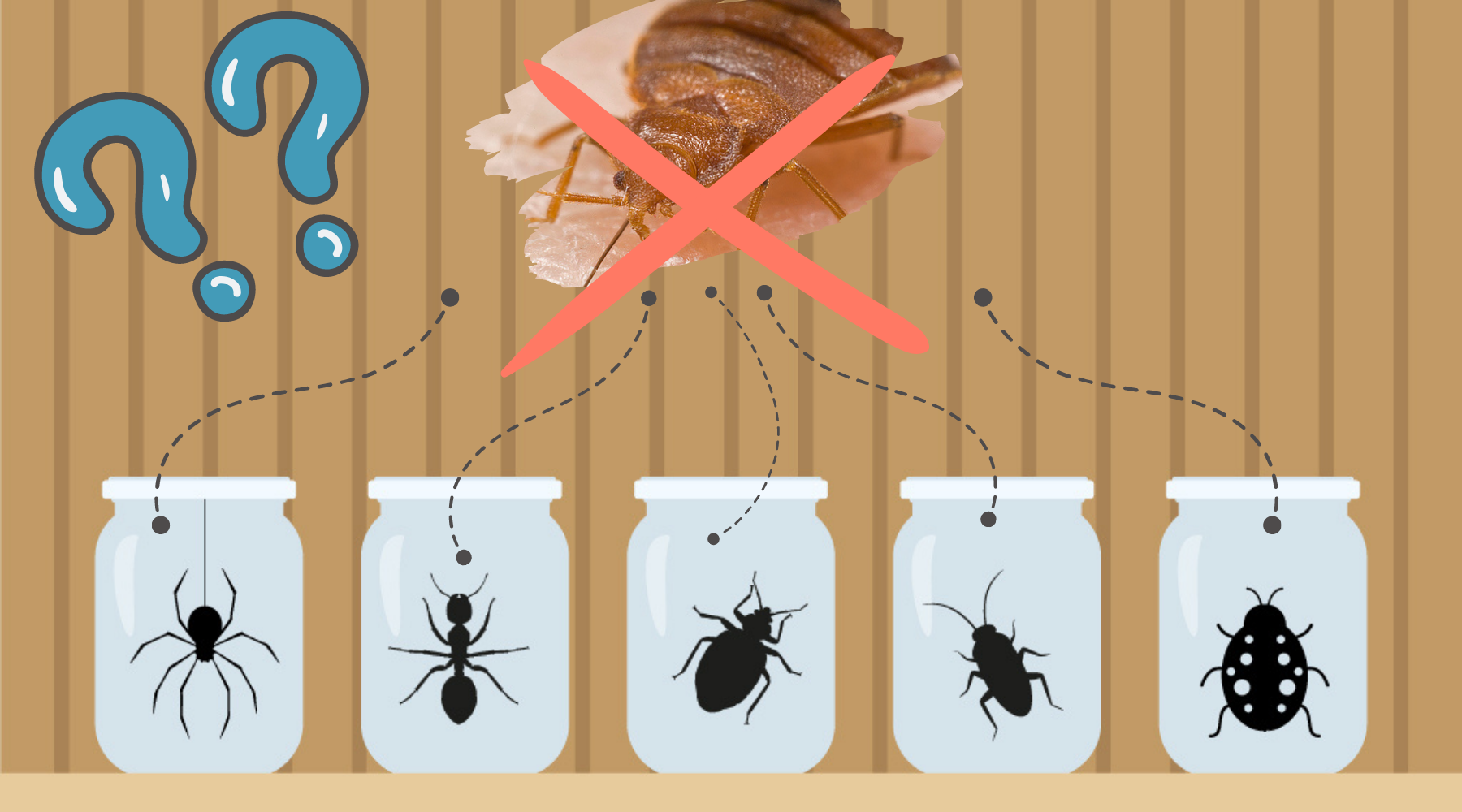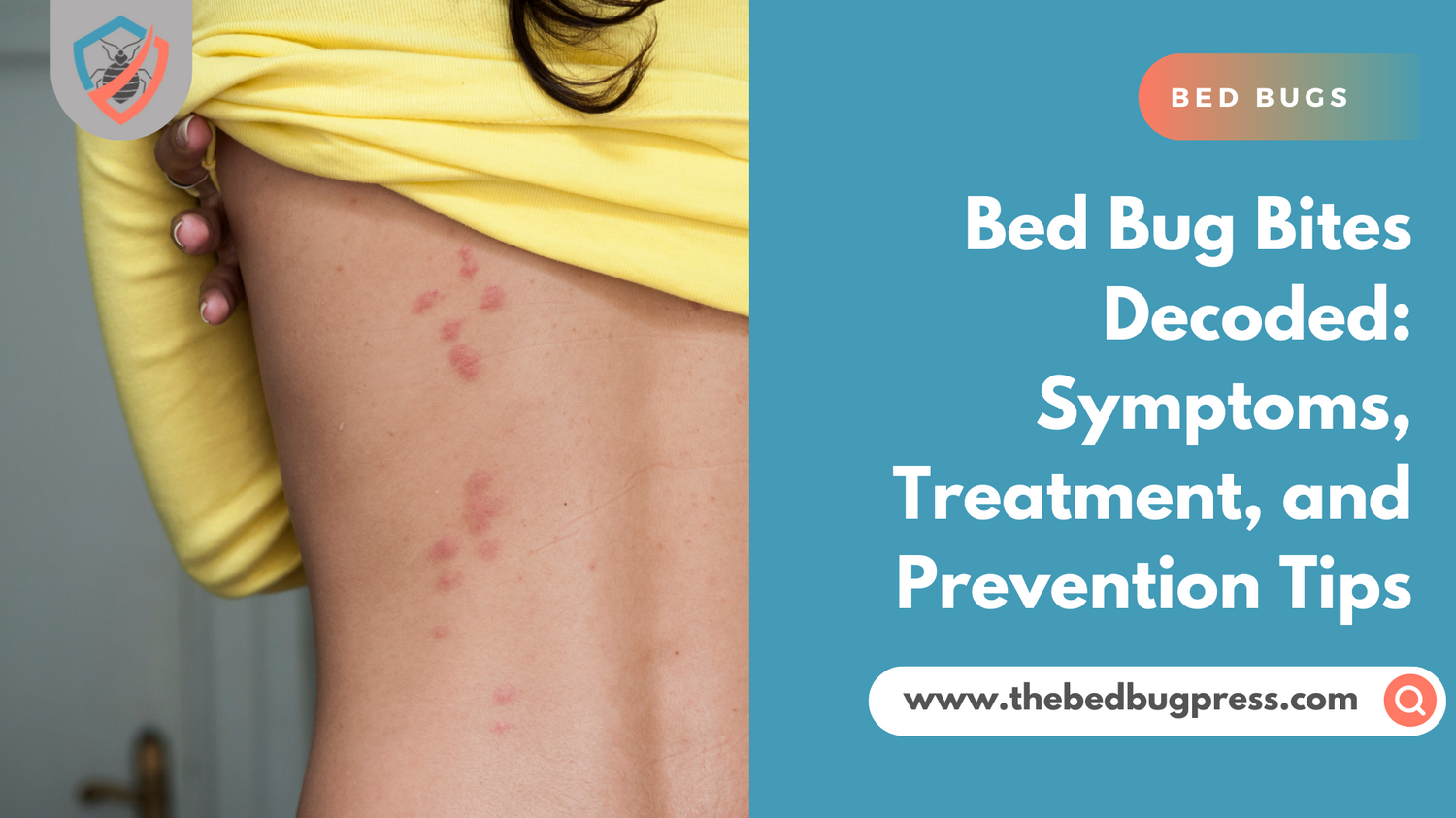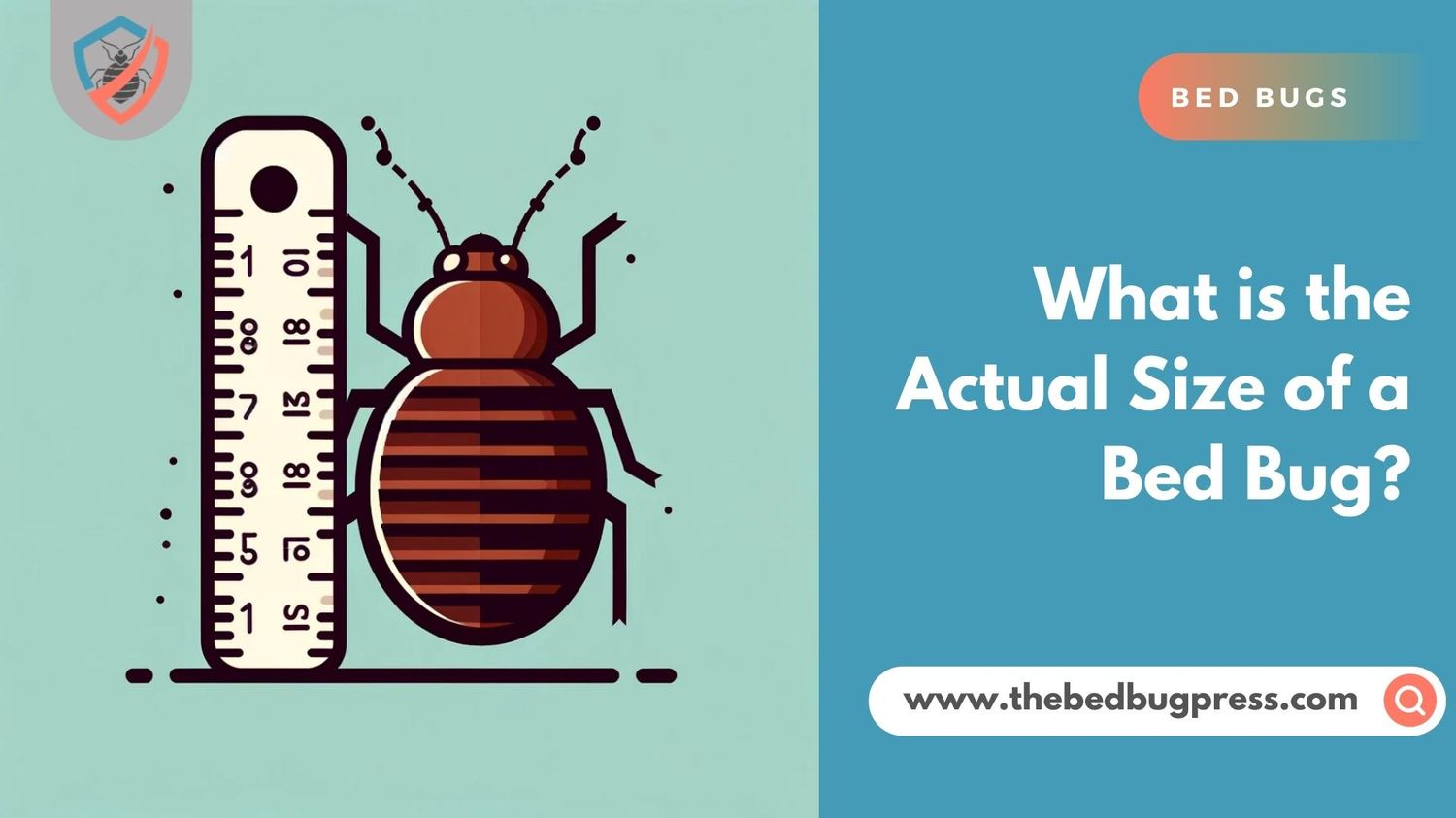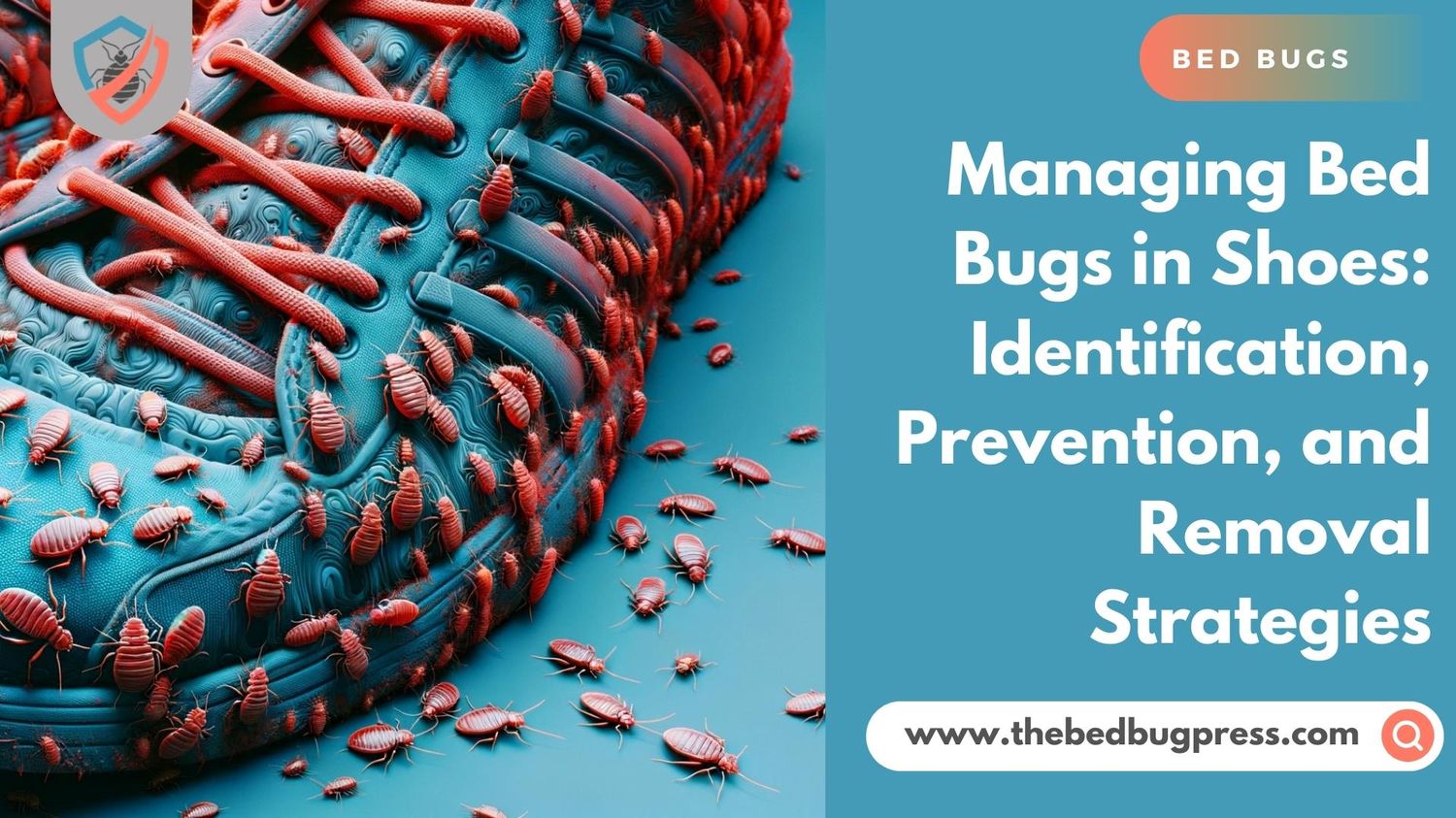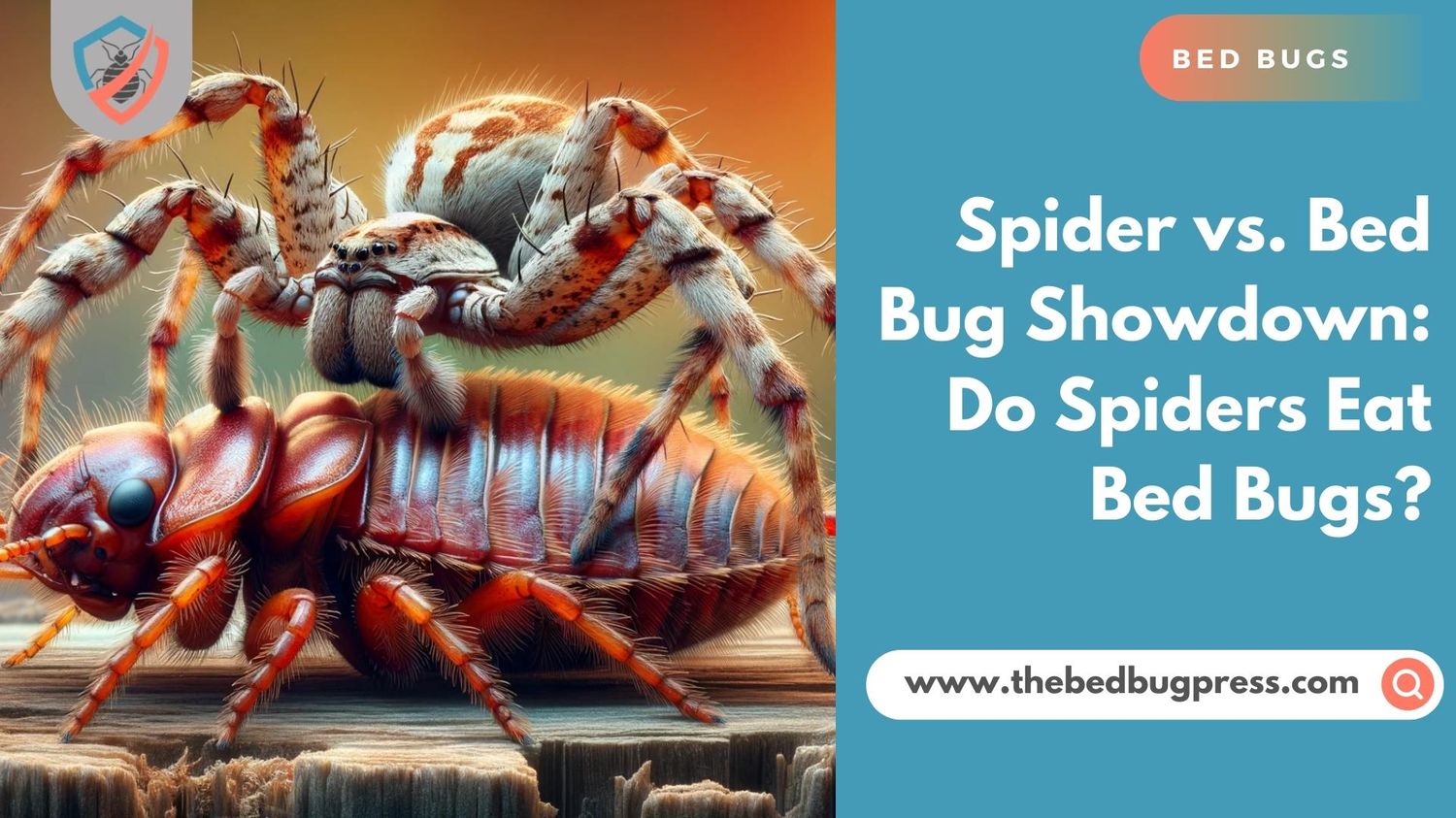Bed bugs are a nuisance and can cause a lot of discomforts, but did you know there are other bugs out there that actually feed on them? These predatory bugs, known as bed bug predators, can be a great way to reduce the presence of bed bugs in your home.
In this article, we’ll look at what kind of bug eats bed bugs and how they can help keep your house free from these troublesome pests.
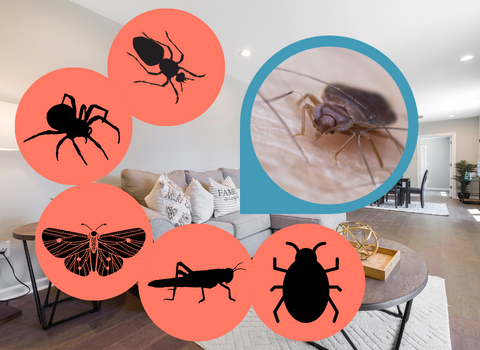
The Secret Life of Bed Bugs: Do They Have Natural Predators?
Bed bugs are one of the most common household pests in the world. They are a nuisance to homeowners and can cause considerable distress for those who live with them. But what about the secret life of bed bugs? Do these small pests have natural predators that help keep their numbers in check?
The answer is yes; there are a variety of creatures that hunt and feed on bed bugs. These predators help to reduce populations of bed bugs, keeping their numbers in check and preventing infestations from occurring in homes.
Keeping these predators around can be an effective way to keep your home free from bed bugs, as they have an instinctual understanding of where to find them and how to eliminate them quickly and efficiently.
Additionally, having more predators in your environment means they compete with each other for food sources, making it less likely for bed bugs to survive or reproduce in large numbers.
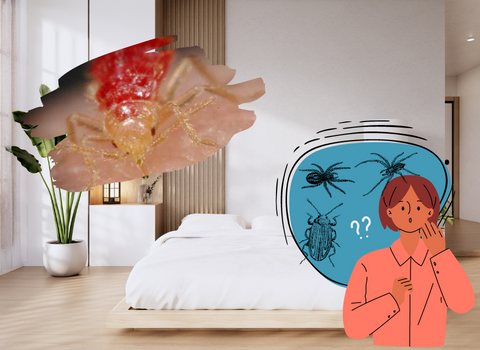
Killing Bed Bugs without Eating Them: Are There Insects that Scare Bed Bugs but not Eat Them?
Bed bugs can be a nuisance and a health hazard, often infiltrating homes in large numbers. Unfortunately, traditional methods of getting rid of them—such as insecticides and chemical treatments—can be ineffective or even dangerous. But what about killing bed bugs without eating them? Are there any insects that scare bed bugs but don’t actually consume them?
The answer is yes! Several species of predatory insects have evolved the ability to frighten bed bugs away without actually eating them.
For example, one species of beetle known as the carabid beetle emits sound waves which are uncomfortable for bed bugs, making them flee in terror. Other examples include lacewings, spiders, and robber flies, all of which use their impressive speed to hunt down and scare away bed bug infestations.
Using these predators to control infestations without the need for poisons or chemicals can be an effective solution for homeowners who want to get rid of bed bugs without exposing themselves or their families to potentially harmful substances.
In addition, using natural predators is more sustainable than using insecticides or other treatments that may harm our environment over time.
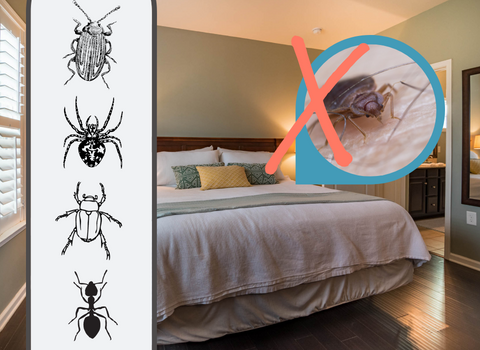
Killing Bed Bugs Naturally: Their Most Common Predators
While bed bugs can be a nuisance, there is hope for dealing with them without the use of harsh chemicals or insecticides. Killing bed bugs naturally involves enlisting the help of their most common predators, which can help to reduce infestations and keep numbers in check.
Below are some of these natural predators and how they can help in controlling a bed bug infestation:

Ants
Ants eat bed bugs. They can be formidable bed bug predators, swarming the bugs and even consuming them.
Spiders
You might this that spiders eat bed bugs, but spider species such as wolf spiders and jumping spiders hunt for bed bugs in their webs or by chasing them down.
Cockroaches
Though generally considered pests themselves, cockroaches are excellent predators of bed bugs. They readily eat bed bugs and feast on the eggs and larvae of these insects.
Centipedes
Centipedes eat bed bugs, these insects eat bed bugs by consuming them with their venomous bite.
Masked Hunter Bugs
Masked bed bug hunter uses nymphal instars to locate and ambush bed bugs before eating them.
Mites
Mites feed on the molted skin of both adult and nymphal stages of bed bugs while creating holes in the exoskeleton.
Assassin bugs
Assassin bugs inject a toxin into their prey which paralyzes it and makes it easier to consume. Bed bugs are often targets of these predatory insects.
Cone nosed insects
Cone-nosed insects (also known as kissing bugs) are also natural predators of bed bugs. They use their proboscis to suck out fluids from their prey.
Lady Bugs
Ladybugs are another natural predator of bed bugs; they eat both adults and larvae while providing many beneficial pest control for other insects in the garden.
Fleas
Fleas are natural bed bug predators. They hunt down bed bugs using their sense of smell and sharp mandibles to pierce through the exoskeleton before sucking out its internal contents as food.
Stink Bugs
Stink bugs feed on insects such as aphids but will also attack bed bug eggs if given the chance; they inject toxins that kill off any potential eggs or larvae quickly.
Earwigs
Earwigs feed on a variety of pests including slugs, caterpillars, beetles, and moths but will also feed on small insects such as bedbug nymphs if given the opportunity.
Crickets
Crickets are omnivores that commonly feed on live insects like termites, beetles, or grasshoppers. They may also look for smaller creatures like developing nymphs to get nutrients from them without actually eating them up completely.
Flies
Flies hunt down various prey including fleas, moths, or other small insects; when looking for food they may stumble upon immature forms of bed bugs too making them easy targets for predation without actually consuming them completely after capture.
Praying Mantis
Praying mantises have a very keen sense of sight and a large appetite; they will often go in search of bed bugs, not only to eat them but also their eggs, to reduce their numbers significantly.
Silverfish
Silverfish are an omnivorous species that can be quite helpful when dealing with bed bug issues as they feed on the eggs and emerging nymphs while leaving adults unharmed.
Carpet Beetles
Carpet beetles have been known to consume various materials such as lint, fabric, silk, or even dead insects like bed bugs to gain nutrition.
Coned Nose Insects
Coned Nose Insects use their long proboscis to pierce through the exoskeleton of bed bugs before sucking out their internal fluids for nutrition.
Geckos and other lizards
Geckos, skinks, anoles, salamanders, iguanas—all these creatures will feed on bedbug eggs or nymphs if they find them in their environment.
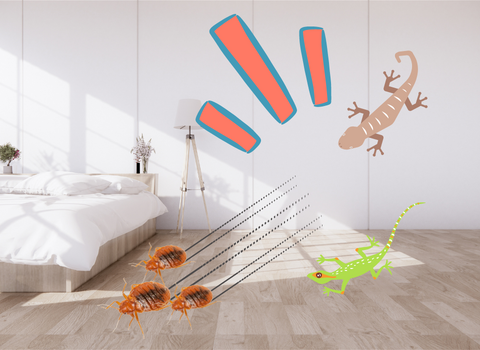
How About Dogs and Cats? Do They Prey on Bed Bugs?
Dogs and cats don’t typically hunt bed bugs, but they do have the potential to pick up bed bugs if they are in an infested area. It is possible that a dog or cat can bring bed bugs into the home by picking them up from places such as public transportation, parks, or even through contact with wild animals.
Therefore, it is important to keep an eye on your pet for any signs of bed bug bites. Additionally, vacuuming regularly can help reduce the number of bed bugs in your home and make sure to wash and clean your pet’s bedding often.
In some cases, specially trained dogs can be used to detect bed bugs in hotels and homes, decreasing the need for chemical treatments.
The presence of pets in a home may also act as a deterrent for bed bugs since they prefer dark spaces without movement and your furry friends provide just that!

How Can Bed Bug Predators Help with Your Current Bed Bug Problem?
Bed bug predators can be an effective way to help control your current bed bug problem. By introducing these beneficial insects into your environment, you can reduce their numbers naturally and effectively. Using natural enemies of bed bugs helps control bedbug populations, which also control the infestation in your home.
Predators feed on bed bugs and their eggs or larvae to reduce populations while providing natural pest control services. Introducing these predators into your environment can provide a sustainable solution to your bed bug infestation.
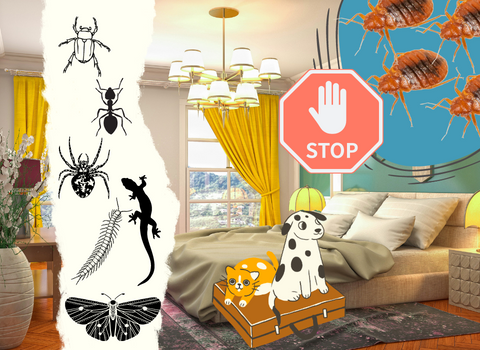
Other Natural Alternatives to Calling a Bed Bug Exterminator
Bed bug infestations can be debilitating and cause a lot of stress in your home. If you’re looking for a natural alternative to calling an exterminator, there are many bed bug predators and other methods that can help you control the problem.
Use essential oils such as tea tree oil or lavender oil to repel bed bugs.
Removing clutter in the home and regular cleaning to reduce their hiding places.
Vacuuming frequently to remove eggs, larvae, and adults.
Sealing up any cracks or crevices where bed bugs may be able to hide.
Ensuring that your mattresses and box springs are sealed with a mattress encasement to keep them from nesting inside of it.
Installing diatomaceous earth around the baseboards in your home or sprinkling it over carpets, furniture, and other surfaces to help dry out the exoskeletons of adult insects as well as their eggs and larvae.
Installing higher wattage light bulbs around high infestation areas. Bed bugs don’t like light so increasing light intensity will make them leave the area.
From essential oils to diatomaceous earth and higher-wattage bulbs, these natural solutions can provide a sustainable solution for battling bed bugs in your home. With these tips, you can take control of your bed bug problem without relying on chemical treatments from an exterminator.

